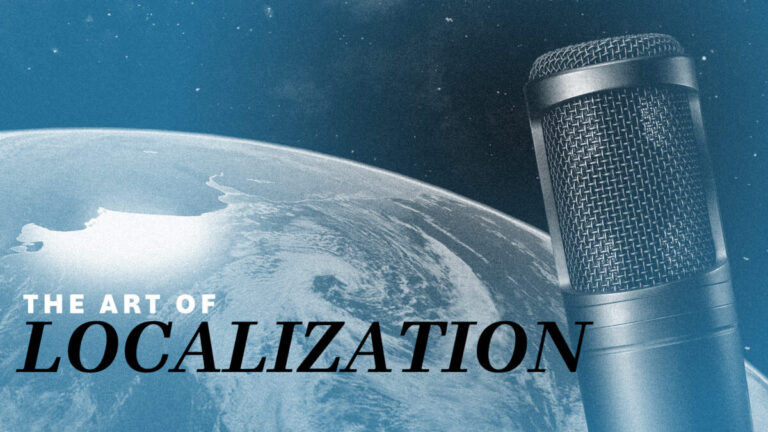Some voice actors unknowingly crank the difficulty setting on their careers up to hard mode without realizing it. If you’re struggling to book consistently, it might not be a lack of talent—it might be these three habits holding you back.
1. Overproducing Your Audio
One of the quickest ways to make life harder for yourself as a voice actor is to overproduce your audio. A lot of people fall into this trap—cranking up the compression, layering on EQ, maybe even adding some reverb to make it sound more “cinematic” or “professional.” But unless your goal is to sound like a 1970s movie trailer, that’s almost never the move. The truth is, most clients—especially the ones with high-level engineers—want your audio as clean and raw as possible. They’ve got decades of experience making audio shine, and they don’t want to waste time undoing your home studio’s attempt at mastering. Even clients who expect a finished, polished product want to be able to drop your VO straight into their music bed without having to fight against someone else’s processing. So keep your compression light and only EQ enough to make your voice sound crisp and natural. Your voice should be the star of the show—not your post-production chain. No one should say, “This person’s editor sounds great.” They should say, “This person’s voice sounds great.”
2. Being Too Committed to the Copy
Here’s another way to make your life harder: treating the script like sacred text. Of course, you want to respect the writing—someone probably worked hard on it. But especially when you’re auditioning, sticking too rigidly to every comma, period, and line break can kill the read. Casting directors are hearing hundreds of auditions, and most of them sound nearly identical because everyone’s playing it safe and reading it exactly as written. But voiceover isn’t about showing off your ability to read; it’s about sounding like a real person. That means occasionally smoothing out line breaks, downplaying punctuation, and delivering the copy in a way that feels natural—even if that means shifting the rhythm or inflection a bit. We don’t speak the way we write, and your read needs to sound like something you’d actually say. This is something that develops over time, but being aware of it now will help you start making more natural choices early on. Standing out doesn’t mean rewriting the script—it just means bringing your voice and your instincts to it instead of being a slave to the page.
3. Not Taking Control of Your Career
This is the big one—the final boss of voiceover hard mode. A lot of actors fall into the trap of waiting for someone else to move their career forward. They think their agent will get them the jobs, or the next big casting site, or some mysterious industry “break.” But here’s the reality: even the best agent is only making 10%, which means you are responsible for the other 90%. So who should be doing 90% of the work? Right—you. Waiting around for someone else to hustle on your behalf is the slowest, riskiest way to build a career. The actors who succeed are the ones who take ownership. They market themselves, build relationships, keep in touch with clients, and aren’t afraid to reach out and pitch their services. They also have the confidence to walk away from jobs that don’t pay fairly or don’t fit their voice—and that kind of confidence comes from knowing you’re not relying on any one gig to survive.
And here’s the thing: the voiceover industry is terrible at making people feel like they’re “not ready.” There’s this unofficial checklist of demos, coaching, gear, and connections that you’re supposedly supposed to check off before you’re allowed to start working. But that list? It’s made up. I booked my first job with no demo, no agent, and no experience. I didn’t have any of those things until I’d already been working full time for almost two years. You don’t get good by waiting—you get good by doing. So if you’re holding yourself back because you think you need one more class or one more piece of gear before you can start applying for jobs, let that go. You don’t have to wait for permission to begin.
These might all seem like small things, but they can have a huge impact. We tend to overcomplicate our careers, thinking the solutions must be big or flashy, when in reality, it’s often the little things—like how you process your audio, how you read copy, or how you show up for your own business—that make the biggest difference. Stop playing on hard mode when you don’t have to, and if you haven’t even started yet, pick up this free eBook on how to get into voice acting.






